Communal Granary; The Lost Heritage of The Amazigh.
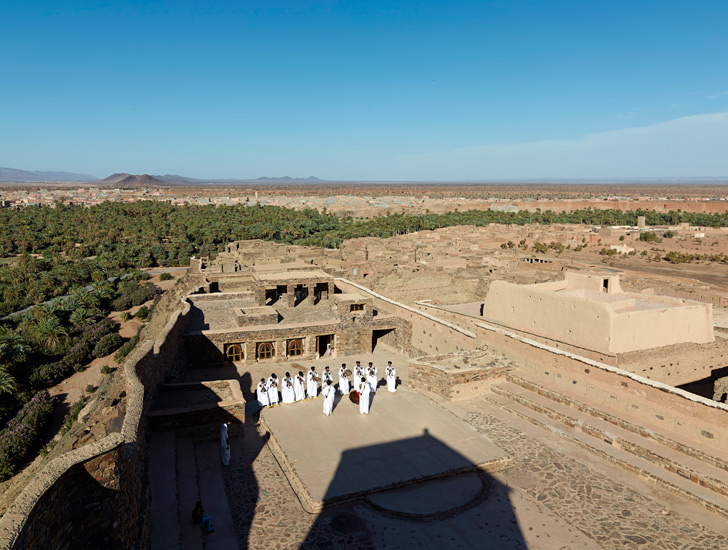
Earthen architecture of the past store great information about people, environment and weather condition that shapes the life of the communities. The story about how people sculpturing the raw material into various creation for probably a transition from a nomadic to a sedentary life. Their design reveal the inhabitants identities, their unique sustainability construction technique and the development of artistic and culture expression. At the end of the day, we marvel at the people who despite with limited technology were able to extract such beautiful accommodations and buildings from such harsh terrain.
A granary is a stone structure that blends into The Amazigh settlement of the Anti-Atlas region, be it on the mountain cliff or camouflaging in an oasis. It is a form of communal protection for valuable such as grains, cereal, dates, corn and etc. It serves as a storage to secure for unpredictable harvest due to the regional climate as well as a place for the security of invasion by other hostile Sahara nomads and the central government, Makhzan.
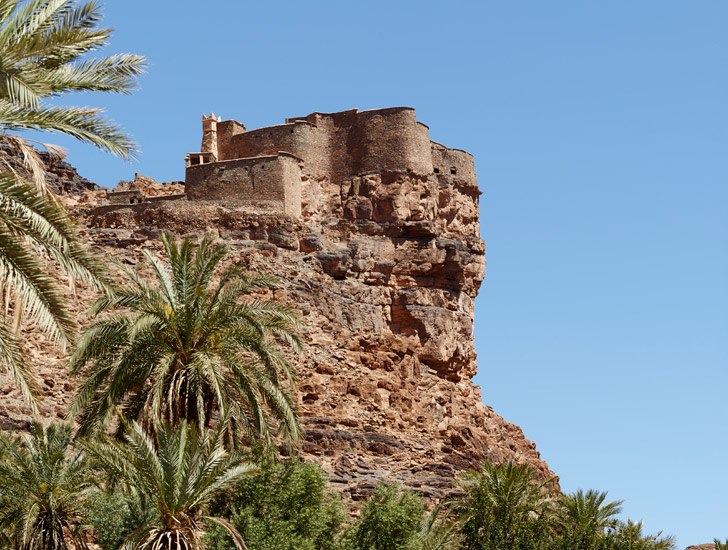
It is a symbol of solidarity and resilient of the Amazigh society while the individual buildings demonstrate the amazing craftsmanship of local builders. Depending on the Amazigh tribes, entrance to the granary has its unique custom and belief with a customary prayer of “bismillah” during the collection of grains and entrance only with a sexually clean body and removing one slipper. It is believed that the holiness of the granary itself increases the harvest with its storage.
The Amazigh means the "Free People" speak their indigenous Tamazight language, who are the original settler in North Africa with a historical background from as far as 2000 BCE. The current Igoudar founded and some under restoration are dated between the 6 and the 7 century when the southern tribes are still practicing the nomadic life. Until today, all the granary is guarded by a selected guardian.

Related Blogs
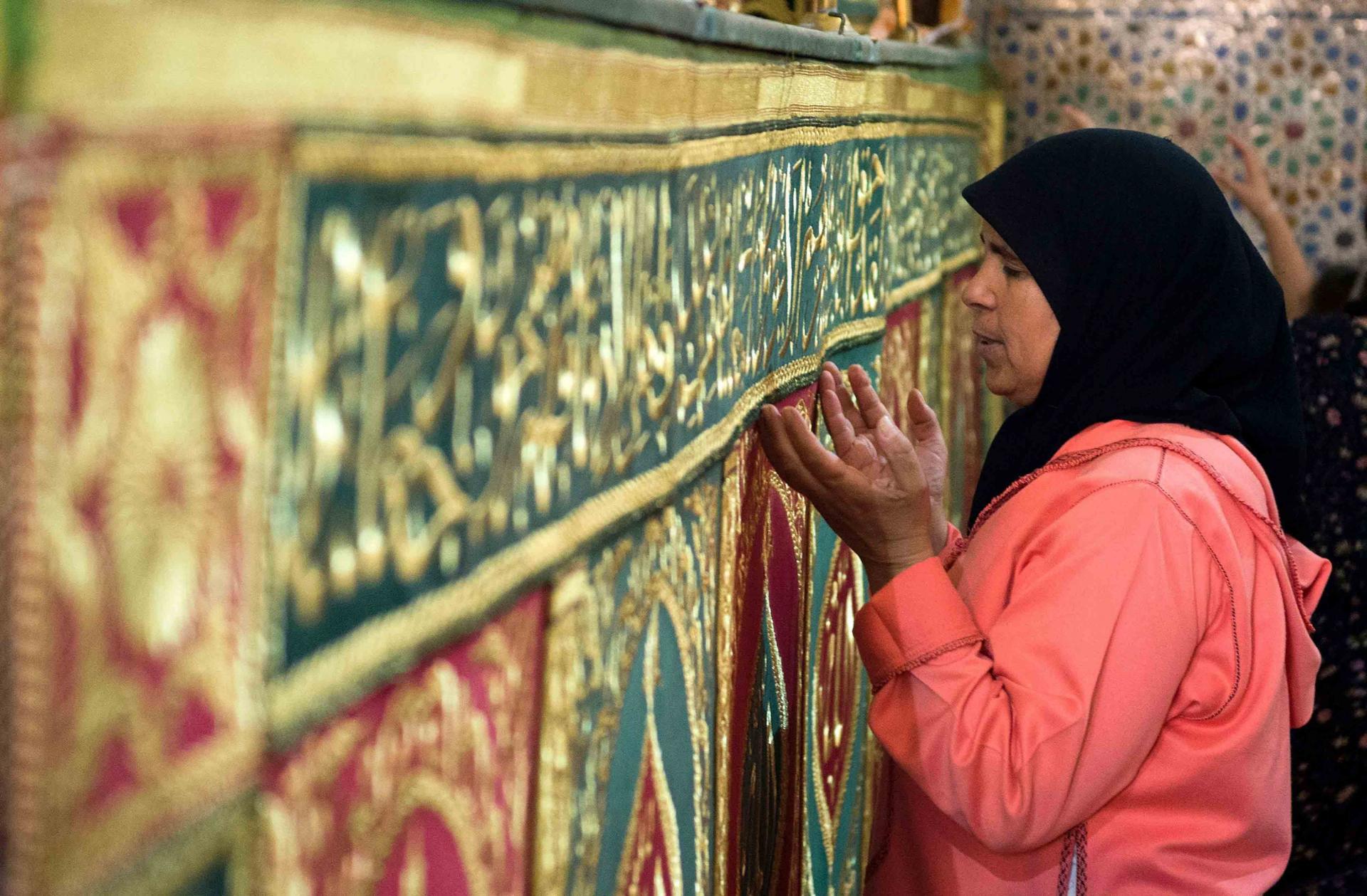
Sufism in Morocco
According to Professor in the theological of Üsküdar University and Marmara University of Sufism Mahmud Erol Kılıç “I am a professor of Sufism, this is the modern fashion, but in a traditional way, I could say I am a mürşit, a Sufi master.....
Read More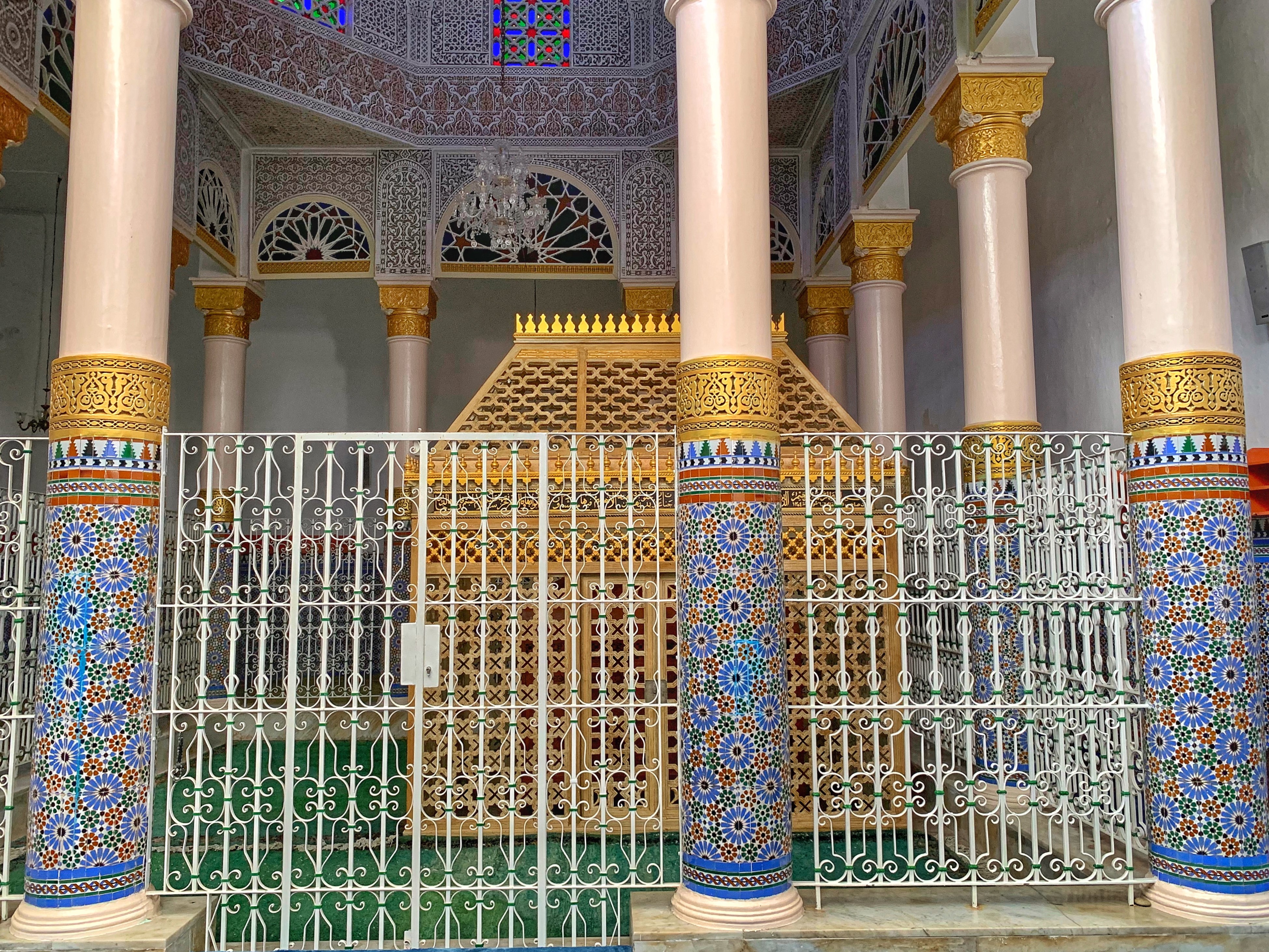
The Revolution Faqih And The Scholar of All Madhhab - Sheikh Abdellah Ibn As-Siddiq Al Ghumari
Tangier is the most Northern city of Morocco and also the gateway connecting Africa to Europe via its Strait of Gibraltar. Spain is about 20 kilometres away. It has influence from the days of the Carthaginian, Roman, British, Spanish, Portuguese, French and finally the Arab forces. For the past 10 years with the current King, King Mohammad VI...
Read More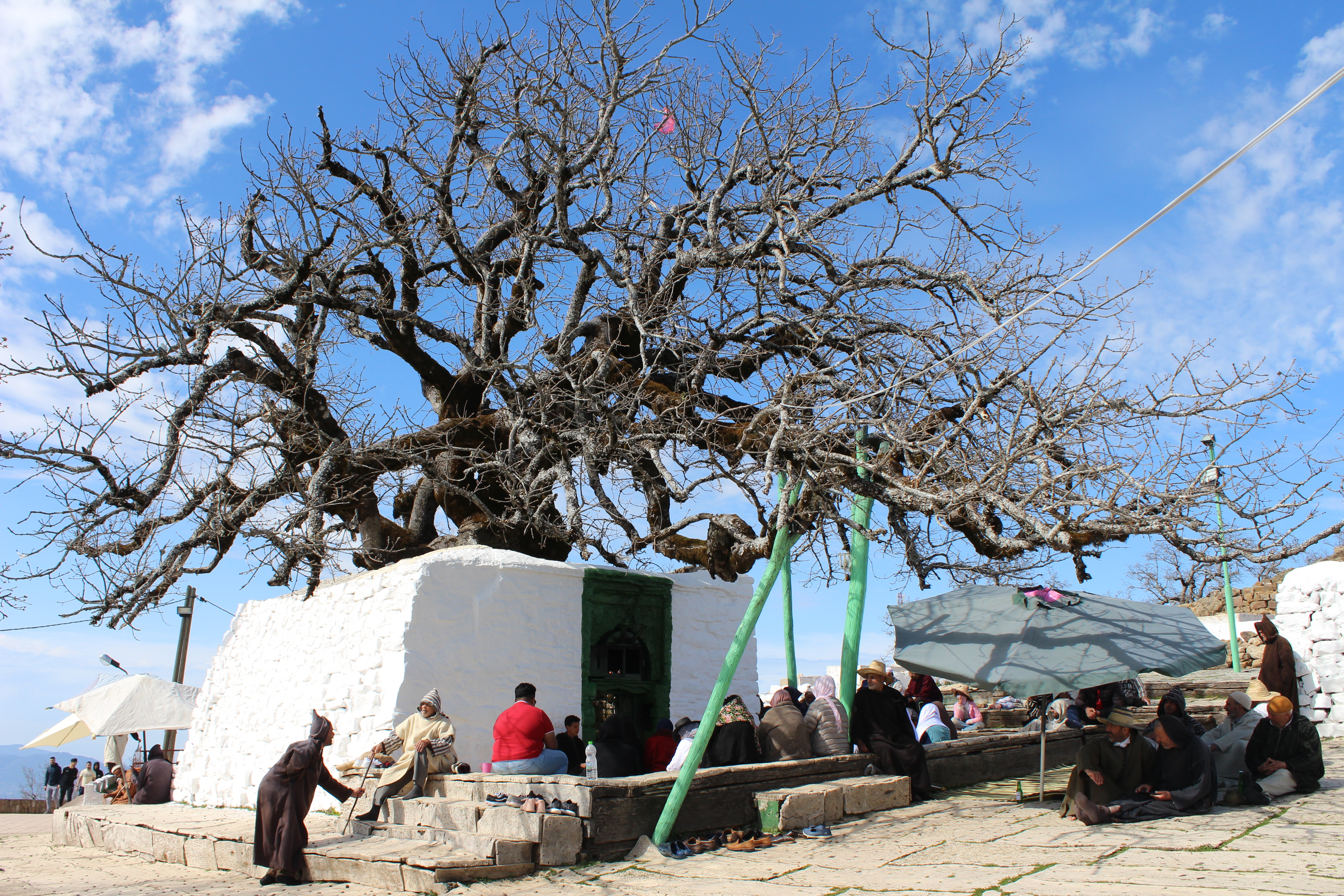
The Great Sufi Master, Be One And With One The Completeness of Spirit.
Sometimes, I wonder, why so many Sufi scholars and Saints find their way to this little country at the corner of Africa. Again why do these famous Saints choose a challenging location, tiny little town, hard to find villages to call their home?...
Read More